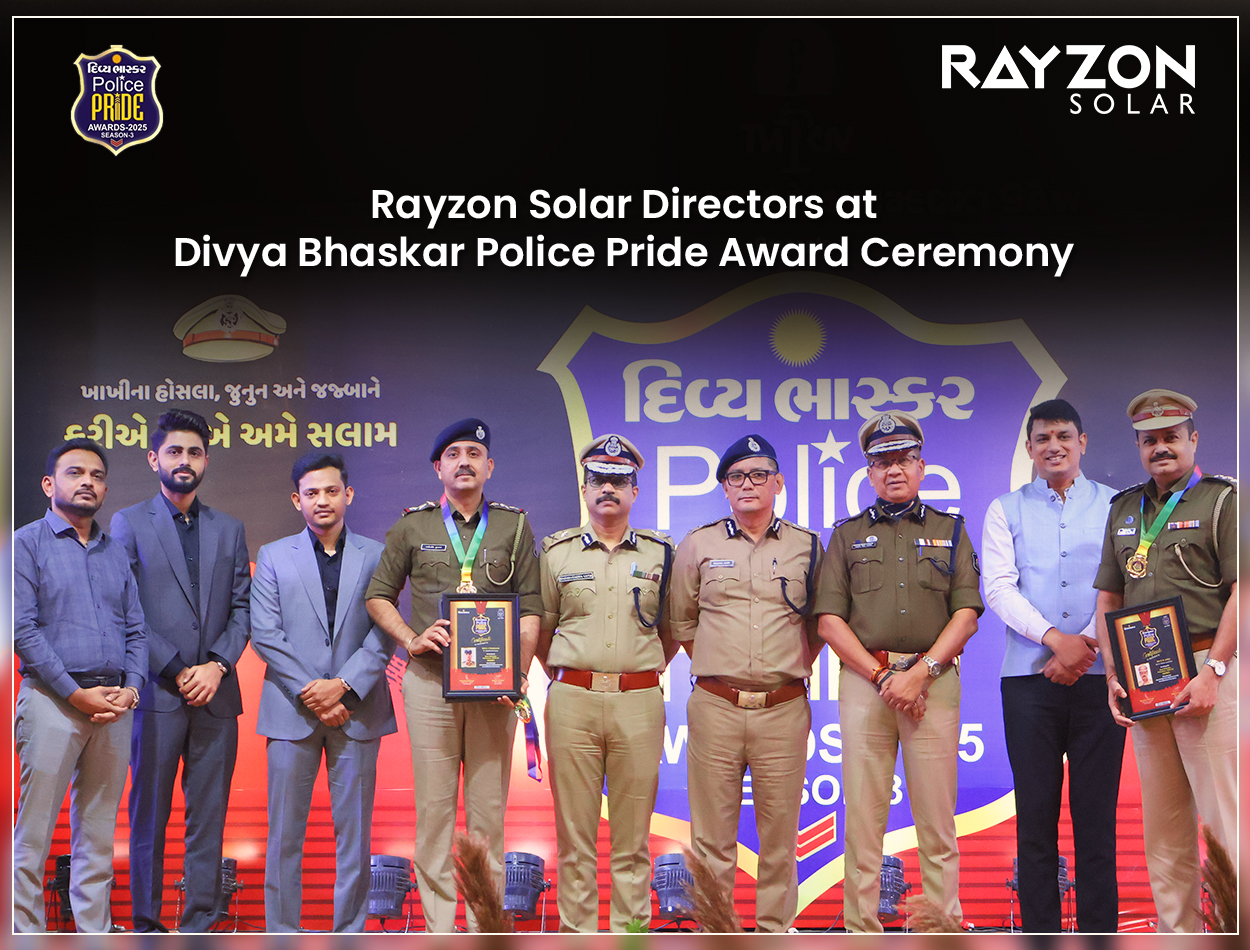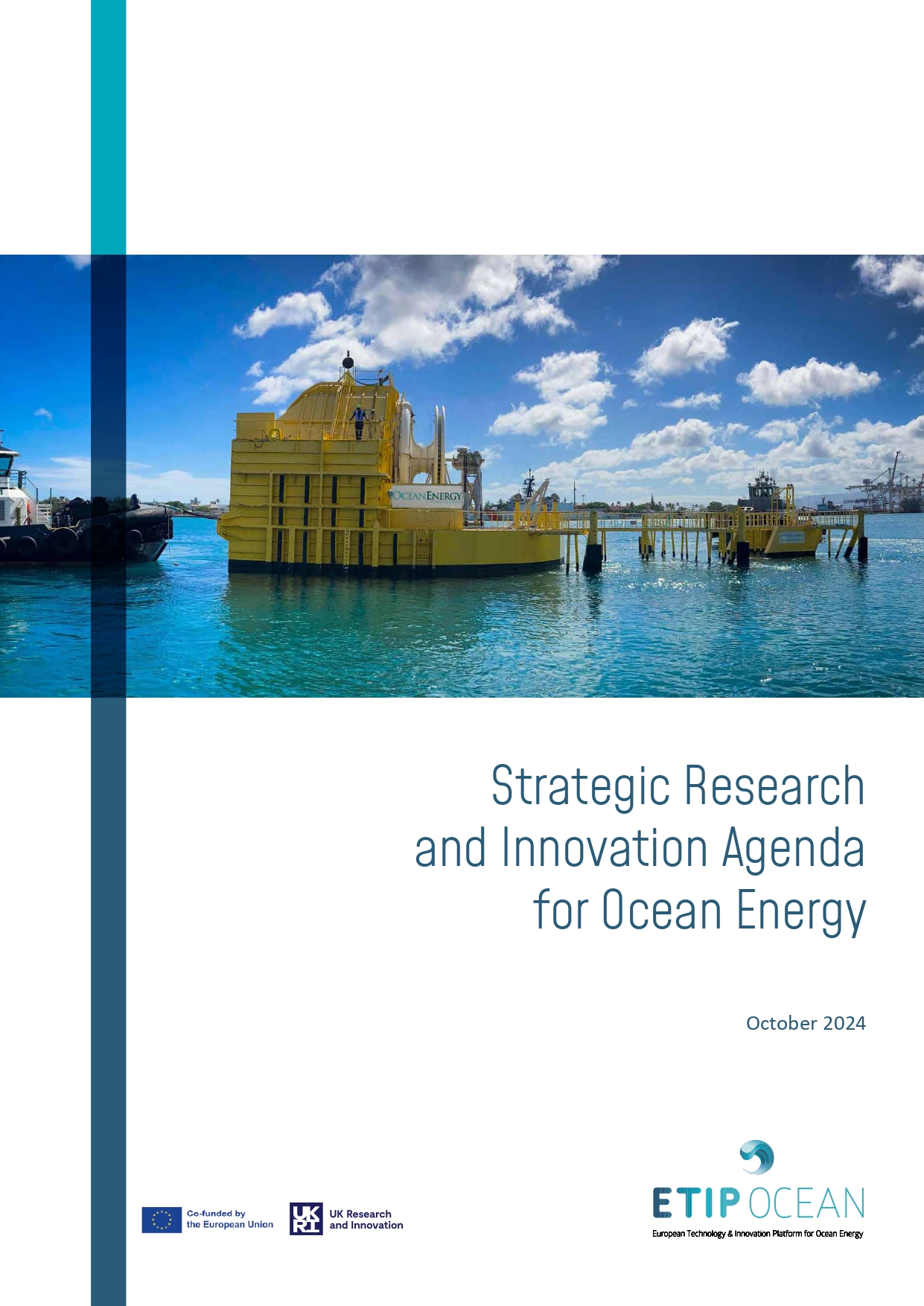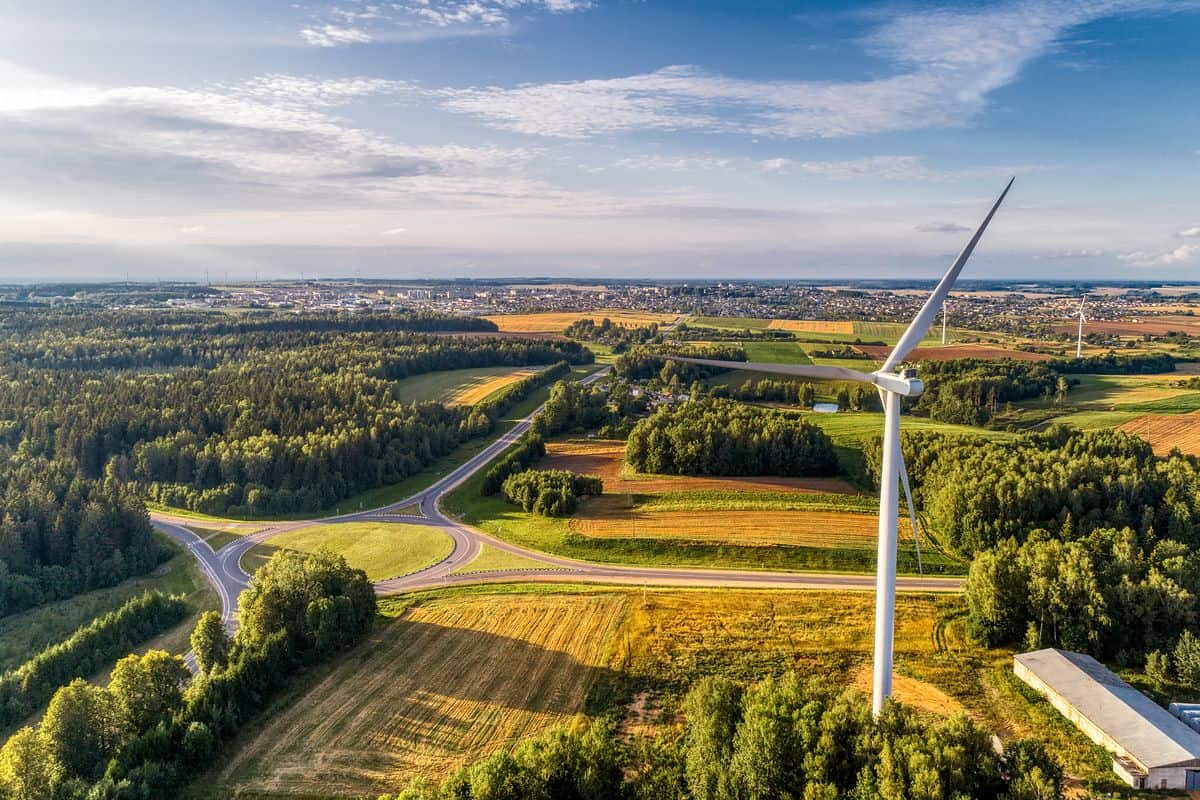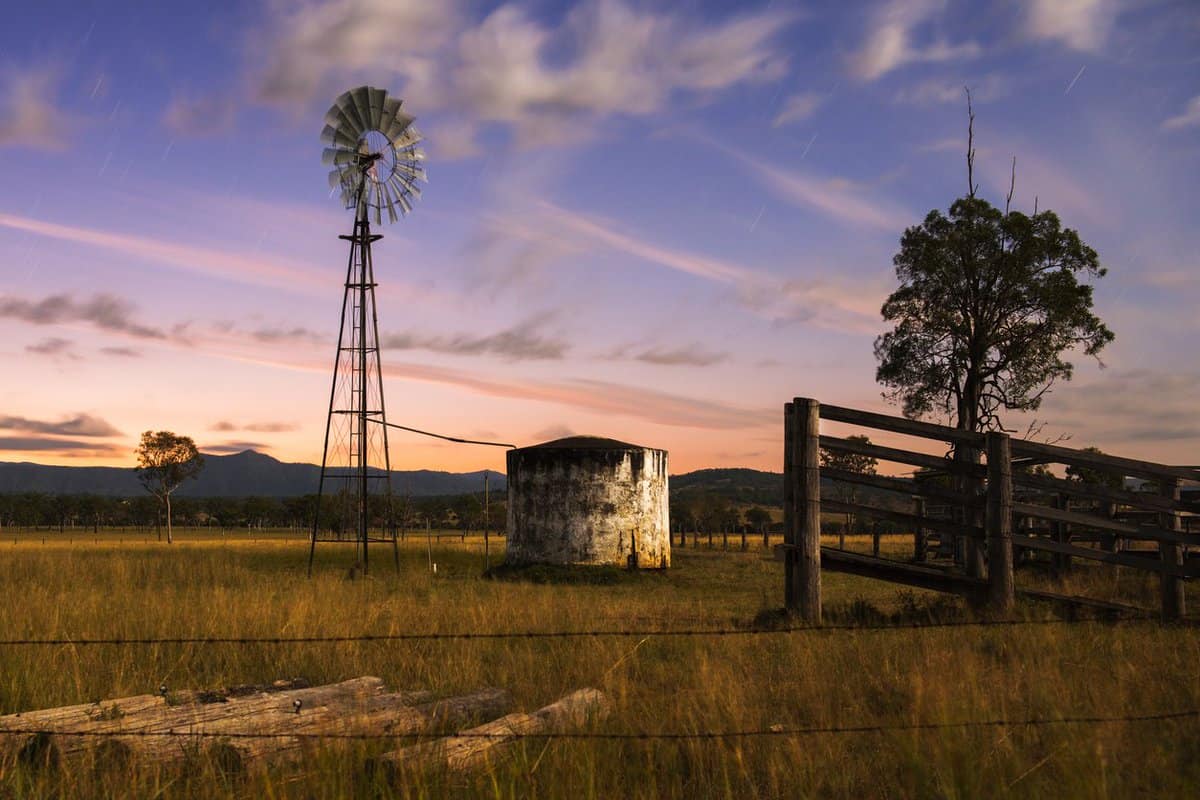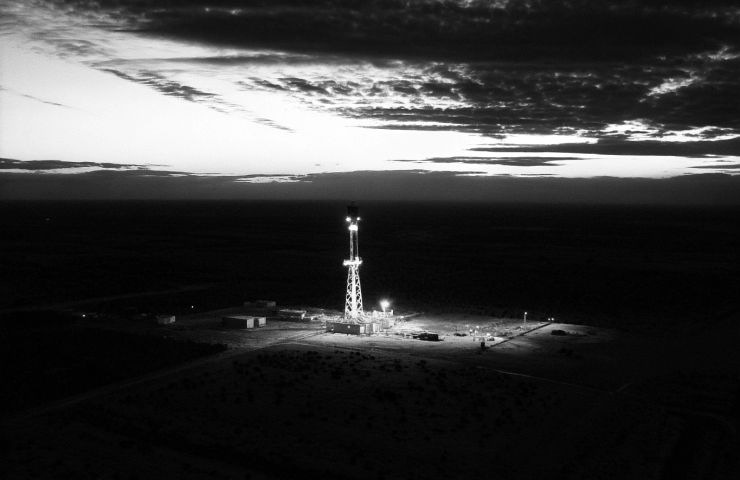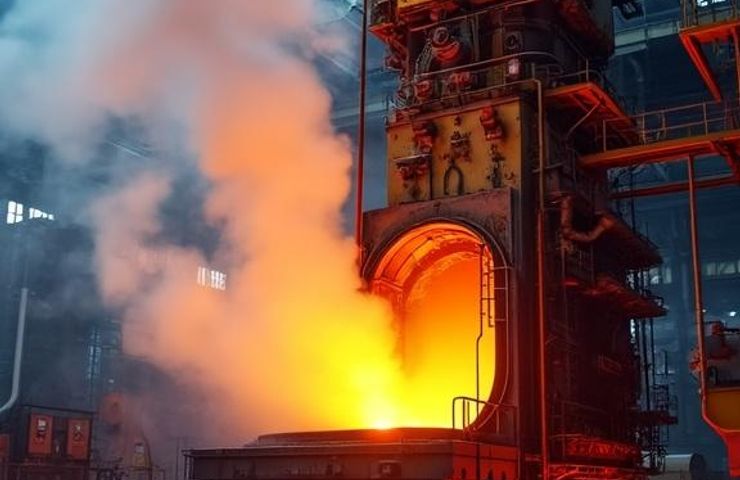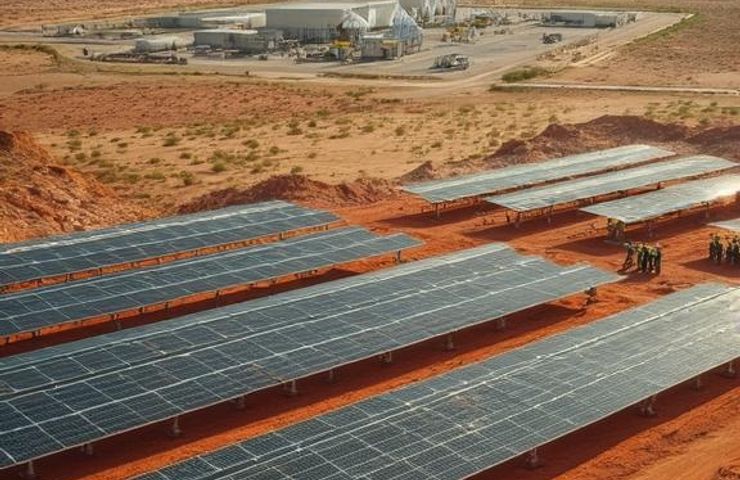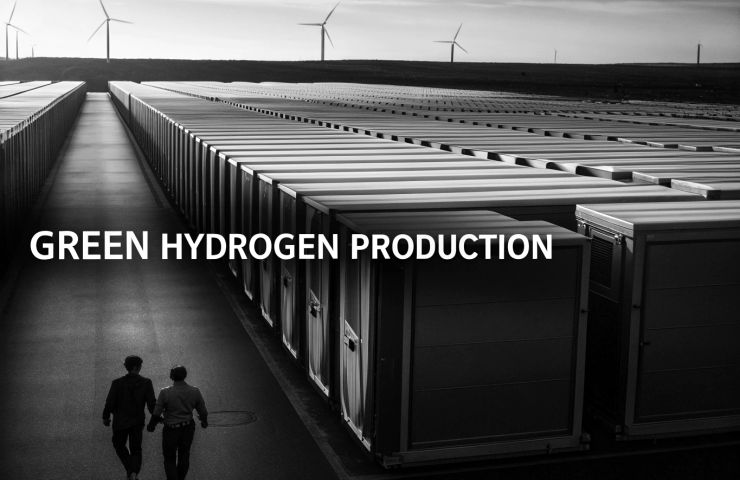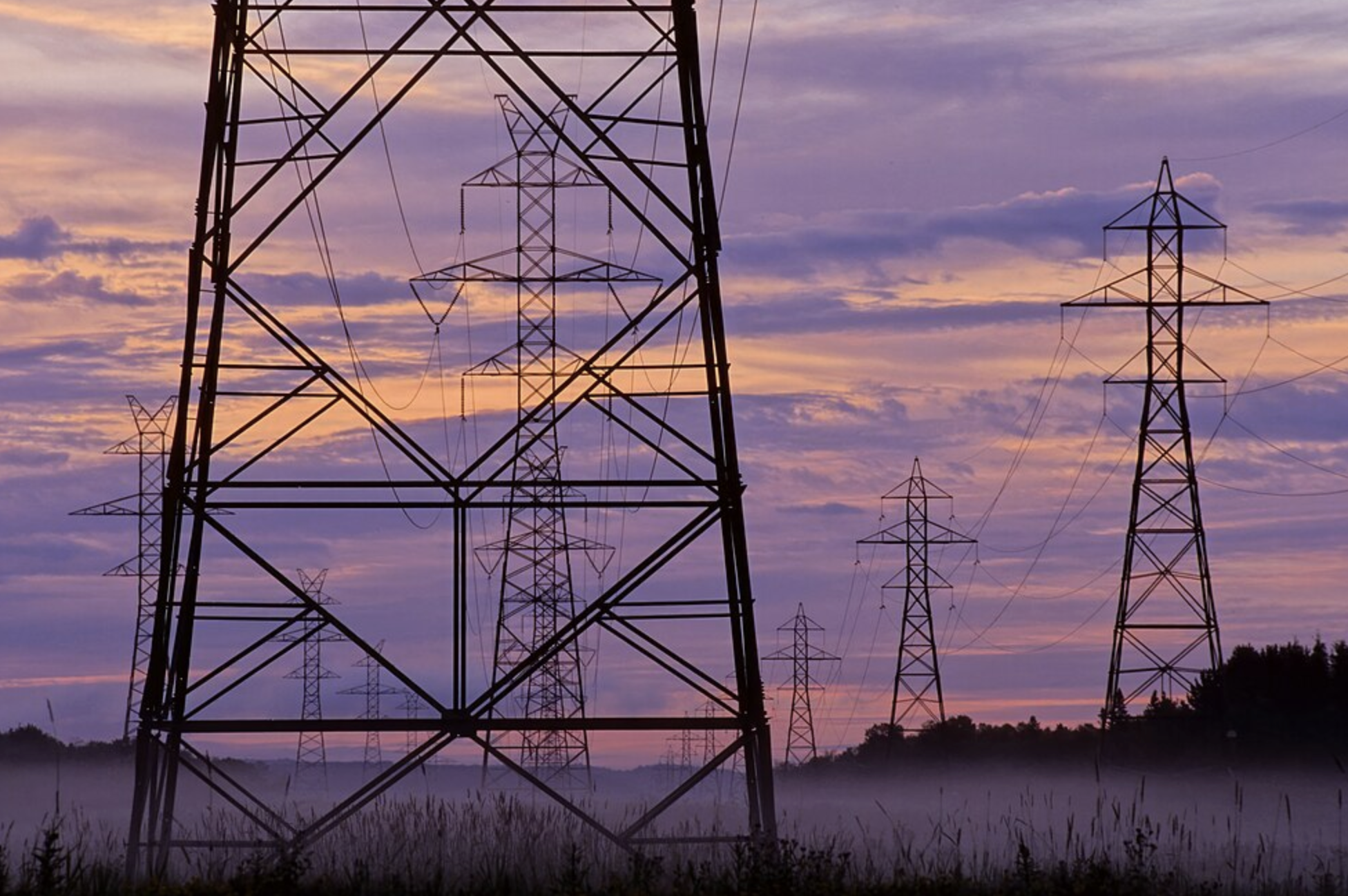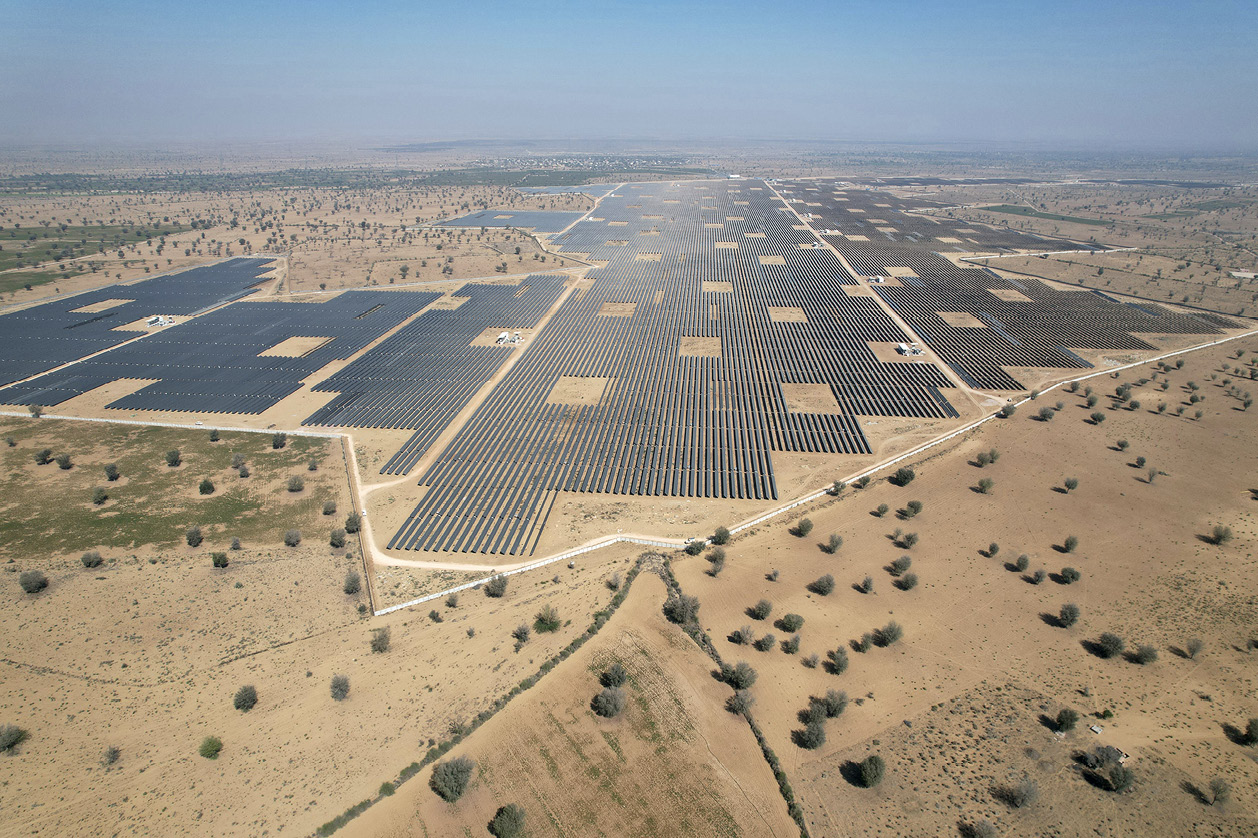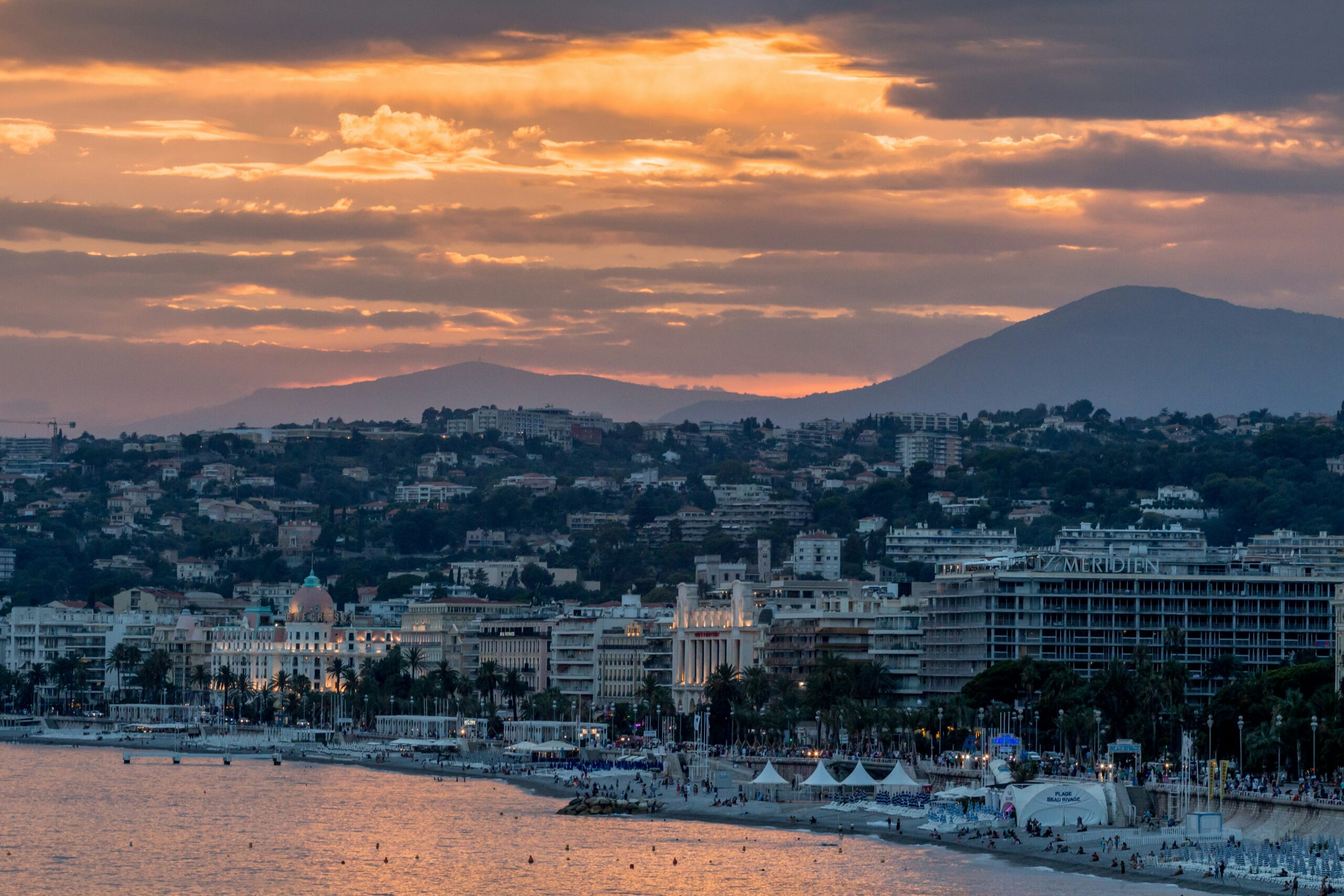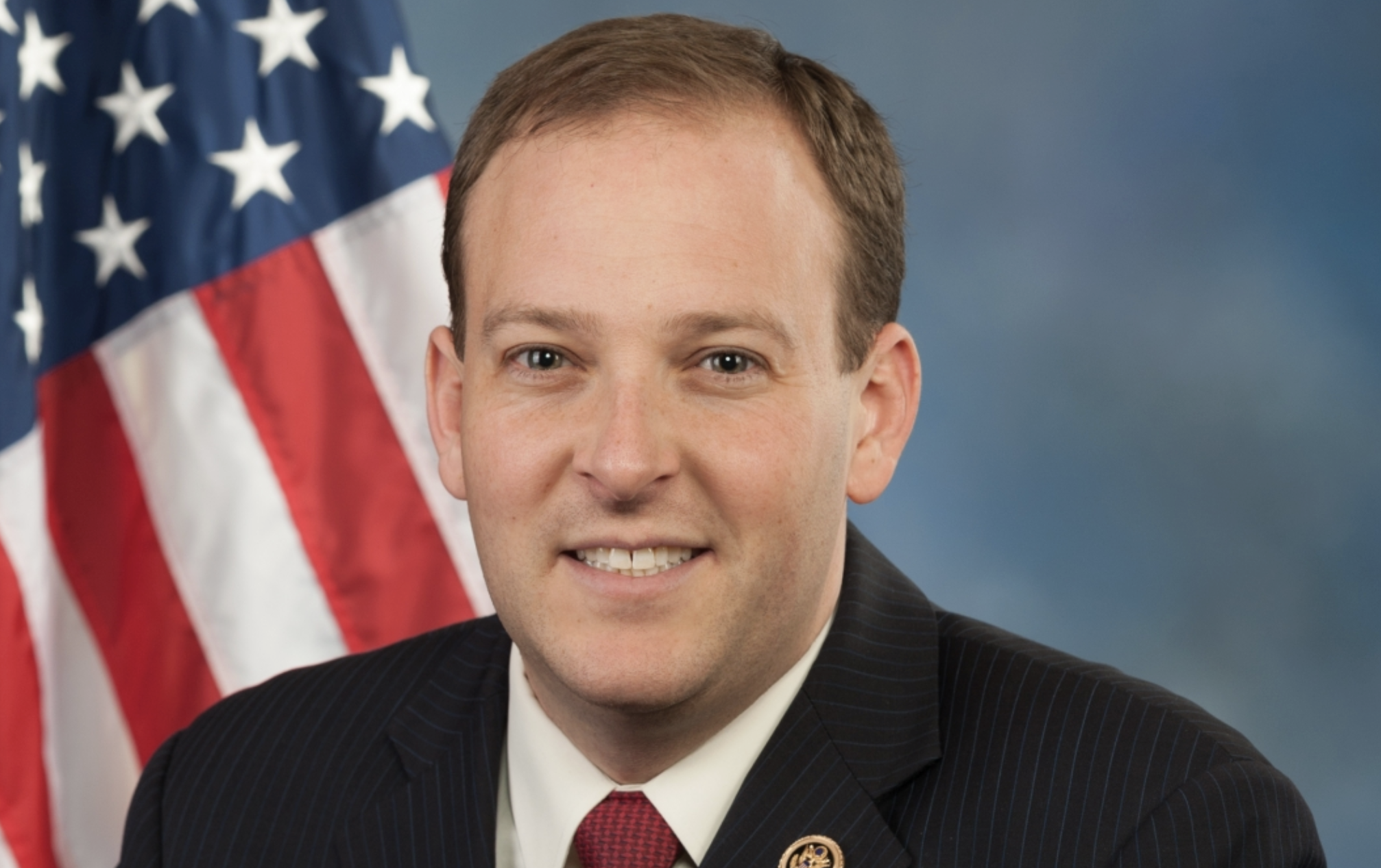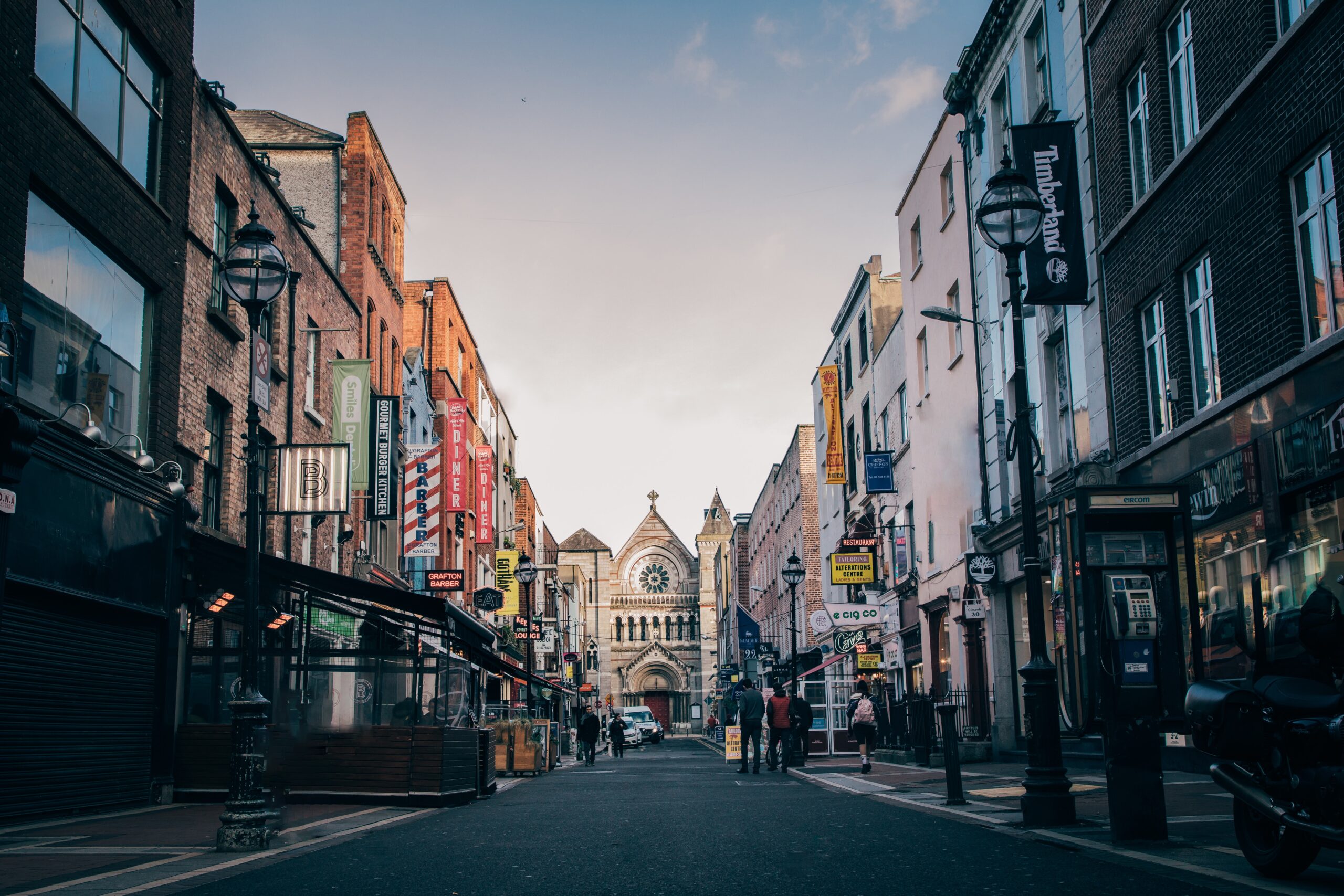‘Diversity and inclusion are not nice-to-haves, but essential ingredients for progress’
This week, Women in Solar+ Europe gives voice to Laura Riedl, Digital Marketing Manager at Solis. She says that the energy transition is inherently complex and multidimensional, which makes the diversity of perspective invaluable. "It helps uncover needs that might otherwise remain invisible and ensures that solutions are robust enough to serve broad communities," she states.
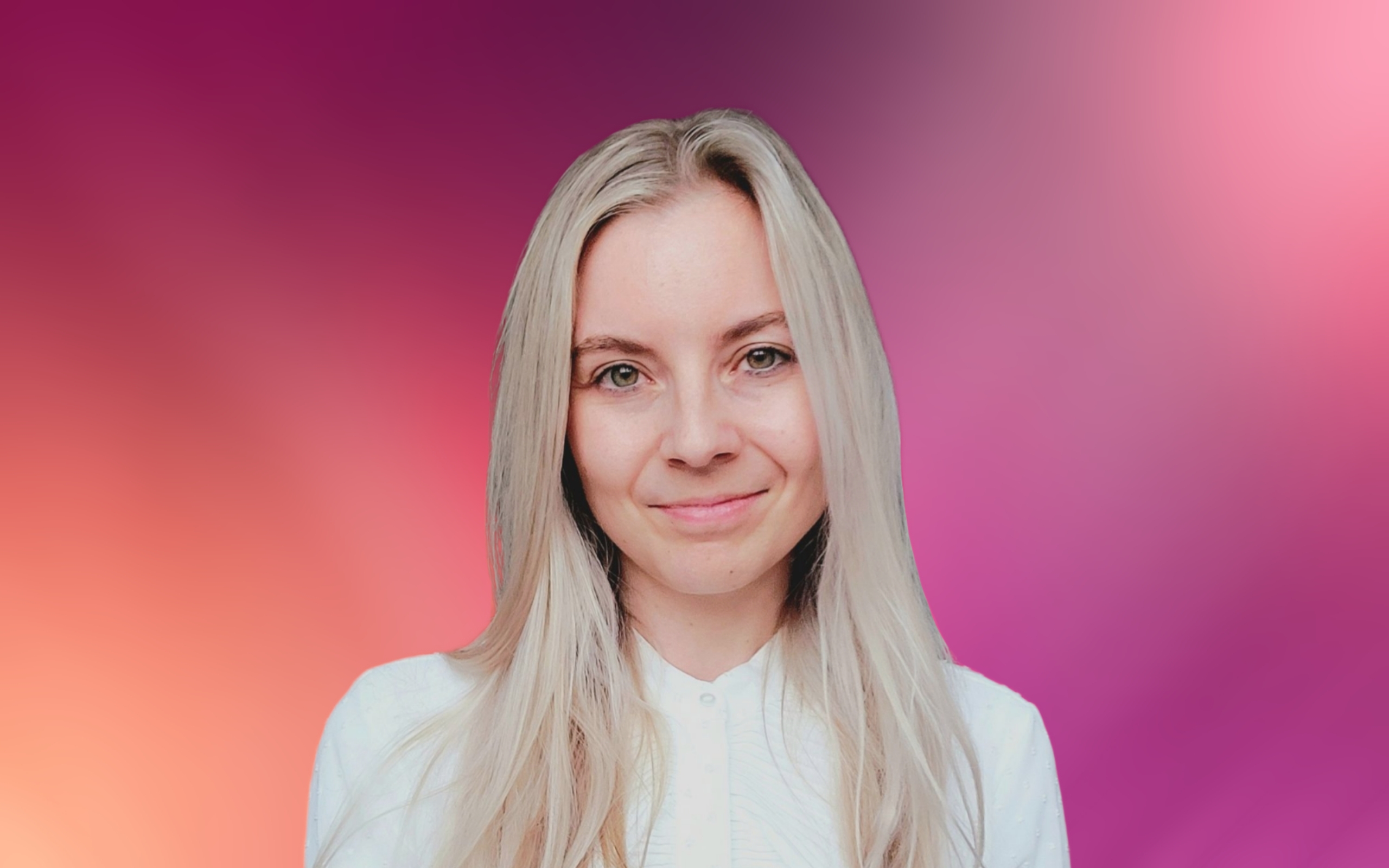
This week, Women in Solar+ Europe gives voice to Laura Riedl, Digital Marketing Manager at Solis. She says that the energy transition is inherently complex and multidimensional, which makes the diversity of perspective invaluable. "It helps uncover needs that might otherwise remain invisible and ensures that solutions are robust enough to serve broad communities," she states.
Energy powers homes and cities, enables mobility, supports industries, and keeps communities connected. Our sector shapes the way we live, move, and work, and it reflects the perspectives of those who build it. That’s why diversity and inclusion are not “nice-to-haves,” but essential ingredients for progress.
History has shown us what happens when certain voices are excluded: decades of women’s health concerns were ignored, car safety tests were designed without female bodies in mind, and urban planning too often neglected the needs of the elderly. These blind spots cost lives, opportunities, and trust. To build a system that truly serves everyone, it must be shaped by many voices. Diversity and inclusion ensure resilience and future-readiness in our industry.
Diversity brings more than representation, it brings fresh ways of seeing. Each team, department, or culture approaches challenges differently, shaping both priorities and solutions. Even the way a problem is framed can differ: an engineer, a policymaker, and an end user may all describe the same challenge in completely different terms. In the energy transition, which is inherently complex and multidimensional, this diversity of perspective is invaluable. It helps uncover needs that might otherwise remain invisible and ensures that solutions are robust enough to serve broad communities.
What drew me into the solar and renewable energy sector was the opportunity to work on something that truly matters: tackling climate change by reshaping how we power the world. The daily work can be highly specialized, requiring time to learn technical language and systems. The reward lies in seeing how these different pieces fit together toward a common purpose. Events like Intersolar Europe capture this beautifully, innovations from around the globe, people united by a shared mission. These moments reaffirm why this industry is so inspiring and why I chose this path.
Of course, the journey hasn’t been without challenges. Like many women in this series, I’ve experienced the heavy pressure to prove that I belong and, to show I am capable, what we know as impostor syndrome. For me, this often meant over-preparing for meetings, anticipating every possible question, and trying to stay on top of technical details and cross-departmental contexts. Yet, with time, as I better understood team dynamics, processes, and the people I worked with, especially in remote settings, my confidence began to grow.
Support networks have been critical along the way. Joining the WiSEu network at Intersolar was a milestone. It wasn’t just another networking event; it was a safe space where thoughts, questions, and experiences could be shared openly. Listening to peers articulate the same challenges I was facing reminded me that I wasn’t alone. Today, working in a team led by a fantastic woman has made the power of such networks even more tangible. Female leadership in action demonstrates how support, safe spaces, and encouragement don’t just help individuals build confidence in their roles; they shape healthier, more inclusive workplaces for the long run.
For younger women entering the solar and renewable energy industry, my advice is simple: embrace both the technical and the human sides of this work. Understand how different teams think and communicate, because both matter if you want your voice to be heard. Don’t be afraid to experiment, to try different approaches, and to learn from what resonates. And never underestimate the value of a trusted network of colleagues who can provide honest feedback and encouragement.
This industry needs your perspective. When leadership is inclusive, there is space for every voice to matter. Over time, you’ll see how your thoughtful contributions not only strengthen your own confidence but also help shape the future of energy for the better.
Laura Riedl is a Digital Marketing Manager at Solis, one of the world’s leading PV inverter manufacturers. With several years of marketing experience, she has increasingly focused on the solar PV sector, working across brand communication and digital channels. At Solis, Laura contributes to brand positioning and online marketing across the European market and key target segments, translating industry developments, market trends, and customer needs into clear, actionable initiatives.
Interested in joining Laura Riedl and other women industry leaders and experts at Women in Solar+ Europe? Find out more: www.wiseu.network
What's Your Reaction?







